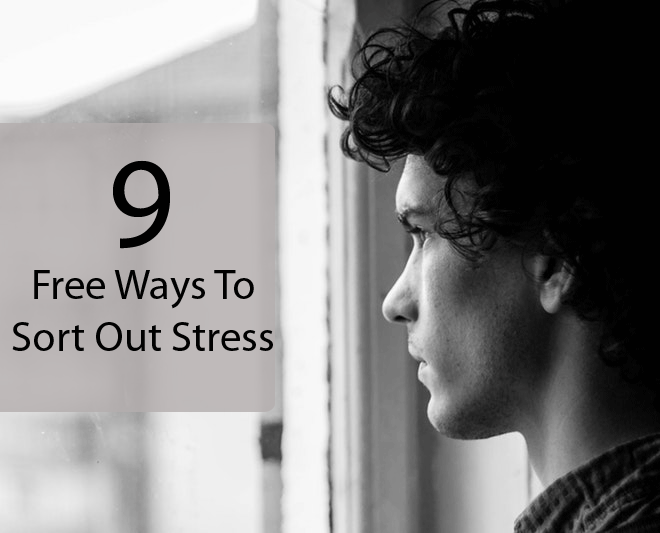
In our modern lives, stress is not only common but inevitable. It can very quickly overwhelm us and make our life a misery- unless we take action. Stress can also be dangerous, so keeping on top of it is highly important. The great thing is, with help from the handy tips below, stress can be managed and even eliminated.
1. Work Out What Is Stressing You Out
The first thing you need to do when you are feeling stressed is to take some time, if you aren’t completely sure, to work out what is stressing you out in the first place. Once you have determined the cause of your stress and anxiety, the solution might present itself.
2. Manage Time Better
A common cause of stress is feeling like there is a lack of time. Who hasn’t bemoaned the fact there aren’t enough hours in the day? You have more time than you think though, the problem is more how you manage that time. Consider making a schedule of what you want to do and when, and stick to it.
3. Make Time For Doing Things You Love
The stressful parts of your life will be much easier to handle if you make sure you fill your life with things you love. Even if it feels as if your job is the center of your world, having at least one or two hobbies or pastimes that make you feel good can be a great way to offset the stress.
4. Avoid Or Reduce Your Nicotine, Alcohol and Caffeine Intake
As nicotine and caffeine are both stimulants, and alcohol can at times be a stimulant or a depressant; these can all enhance and increase stress rather than subduing it. Even if you can’t face omitting these from your life completely, reducing them will have a considerable effect on your stress levels.
5. Get More Exercise
When you are stressed, your cortisol and adrenaline levels are increased. A great way to handle this is by channeling the raised adrenaline and cortisol by participating in some form of physical exercise. Go for a run or a walk, or do some simple stretches. As well as relaxing your body and mind, it will improve your quality of sleep too.
6. Get More Sleep
Following on nicely from the above, as a lack of sleep is a common cause of stress; an effective solution would be to get more sleep. This can be hard as stress often interrupts sleep, but you can work on creating a more relaxed atmosphere at night. Avoid drinking caffeine in the evening and consider taking a warm bath or even just reading a mentally unchallenging book to tire your eyes out. You may also want to look into getting an app such a sleep cycle which will help get your timings for sleep perfect.
At the same time, you should ensure that you’re sleeping in a noise-free environment. It will increase your sleep timings. If you’re living in a place where there are possibilities of sound pollution during your sleep time or if you’re trying to have a sleep in the daytime, you can use sleeping headphones. In addition to many other benefits a pair of sleeping headphones can cancel the noise and ensure better sleep.
7. Clear Out Your Home And Garage
It could be that a messy, untidy and disorganized home or garage is the cause of your stress. Even if it’s not, one way to take your mind off the negative things that are causing you stress is by doing something positive around the home and in the garage. Make a day of it and spend the time working through the clutter that has accumulated in your garage. If you want to treat yourself, why not look into upgrading your garage, perhaps a new shiny garador garage door. As well as having a tidier and more useful garage, the sense of achievement you feel will help combat your stress.
8. Talk About Your Stresses
Although it may sound simple, talking about your problems and the things stressing you can be one of the most helpful things you can do. As well as distracting you and releasing some of the built-up tension, talking to someone about your stresses can help put them in perspective and you may even find a way to deal with them.
9. Keep A Stress Diary
A stress diary is a great way to monitor your daily life and work out what causes you the most stress and why. Make a note of the time, date, place, who you were with and what you were doing when you suffered stress. Give each episode of stress a rating of severity. You can then use this to understand better what is triggering stress and how best to deal with it, such as working on coping techniques or avoiding similar situations.


